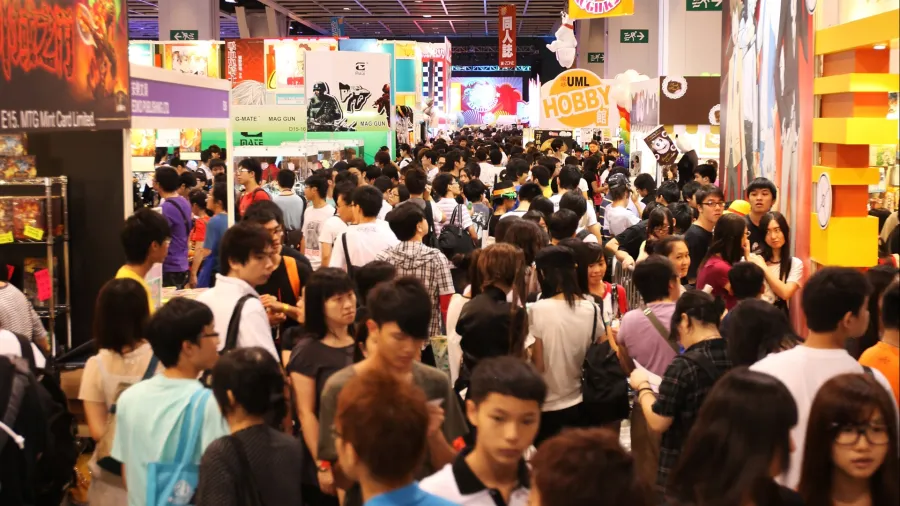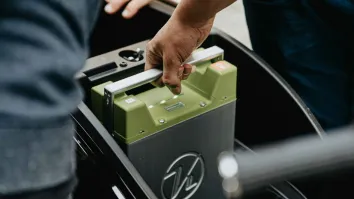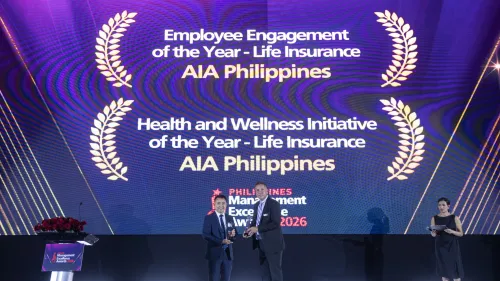
Value offerings essential for Hong Kong's mega-event success
Experts suggest partnering with event providers to create package tours.
Hospitality and tourism players are at the cusp of fully reaping the benefits of Hong Kong’s mega events boom if only they prioritise value offerings.
Shaman Chellaram, senior director, of Hotel Advisory Asia at Colliers Hong Kong, underscored that the stronger Hong Kong dollar, cheaper prices in other markets, and expensive airline tickets are making the city “more expensive on a relative basis.”
“With the increase of more budget-conscious, experience-driven travellers, we need to address this with value offerings,” Chellaram told Hong Kong Business.
Prudence Lai, consultant at market research provider Euromonitor International, articulated a similar view, saying that “value tourism is key to driving value inbounds other than merely volume.”
Lai said communication and support from the government and the tourism board will help industry players groom value tourism in the city.
Yong Chen, associate professor at EHL Hospitality and Business School, recommended that hospitality firms tailor their services to event participants to ensure a valuable stay for those attending mega-events.
“Customised services may include providing updated information on events, transportation information and arrangements, as well as helping guests book tickets and handle other logistics,” Chen said.
Hotels and other hospitality suppliers can also partner with event providers to create package tours that encompass accommodation, dining, and event activities for tourists.
“Such tour packages can not only increase the overall appeal of the event but can also simplify tourists’ decision-making,” Chen added.
Knowing the tourists
Another way for players to capitalise on these mega-events is by understanding the quality of visitors they will attract, said Dan Voellm, MRICS, CEO and co-founder of AP Hospitality Advisors.
Lai reinforced this idea, highlighting the necessity for hospitality players to recognise and assess the types of tourists and the primary activity zones the events will draw.
“For example, hospitality players such as hotels and restaurants in the Hong Kong Island area may see more direct benefits for events being held in the Hong Kong Convention and Exhibition Centre. This could help hospitality players to better plan their resources and capacity to greet the potential tourism surge brought by the mega-events,” Lai said.
Looking at specific events, she said expos and trade events such as Jewellery & Gem WORLD Hong Kong and Cosmoprof Asia will likely bring a surge in overnight visitors.
Hong Kong is undergoing a destination brand transformation from a shopping haven to a focus on driving sports and cultural tourism. This means resources and marketing campaigns will be heavily focused on these events by the government and tourism boards to attract and drive value tourism.
Cultural and sports events such as Clockenflap Music and Arts Festival and World Lacrosse Women’s U20 Championship are also “important to watch and observe,” she added.
For Chen, culture, sports and other entertainment events usually draw a large number of visitors and can also “increase the length of stay of visitors in the city because they involve the participation of visitors.”
“Unlike business conventions, these events are usually participated by visitors in groups, such as family and friends, and hence can further increase their expenditure in a wide range of hospitality sectors,” Chen told Hong Kong Business.
Business conventions, however, remain important for Hong Kong where MICE (Meetings, Incentives, Conferences and Events) tourism is a key focus.
Lai underscored that the type of visitors MICE tourism attracts has a higher average expenditure per trip compared to leisure tourists.
Higher average expenditure per trip may also drive value tourism in Hong Kong, she said.
Recovery
With over 100 MICE events planned by the government in the second half of the year, Lai anticipates a substantial increase in guest counts and occupancy, helping the hospitality industry recover.
Chen said the mega events also have indirect effects on other industries. For example, upstream industries in Hong Kong, such as manufacturing wholesaling, consultancy and financial services may benefit from suppliers and organisers who need to purchase goods and services.
“Since Hong Kong is an advanced economy, tourist expenditure can easily spill over to other sectors through inter-sector transactions, which can in turn create more revenues in the whole economy than tourists’ direct expenditure in tourism and hospitality,” he stressed.
Chellaram, meanwhile, said that the 210-plus mega events outlined by the government for 2024 are expected to reel in about 1.7 million visitors, averaging about 8,095 visitors per event, and a net positive contribution spend of $2,530 per person.
While the hospitality sector faces certain challenges, if the mega-events gain traction, he believes the city could potentially see an increase in hotel occupancy of 3% to 5%. With the right promotion of these events and cross-sector collaboration, Chellaram also expects F&B to see a slight upward trend of 4% to 6%.
Marketing
Conversely, Voellm observed that there has not been much marketing done to promote these events individually overseas.
“General marketing campaigns tend to have a less lasting impact than those for individual events,” he said.
Chellaram underscored that international, regional, and wider local marketing of mega events are needed to “increase visibility and really drive the economy and encourage inbound visitors.”
“More collaboration is required between the public and private sector to address this in the right way,” the Colliers expert said.
More than marketing, experts also suggest that the government do more to increase the connectedness of event venues to accommodation sites and different modes of transport.
Chen said doing so would provide visitors with more options and further enrich their travel experience.
“The government can make alternative accommodation, such as Airbnb-like accommodation on the outskirts of the city, accessible through seamless transport connections. Not only would this arrangement reduce the supply burden of accommodation in the downtown, but it would also provide opportunities for businesses located in the suburbs to thrive,” Chen said.
Wide-range of events
Voellm highlighted the need for additional efforts to maximise the industry's benefits from mega-events, pointing out that whilst the endeavour is honourable, managing “these peak periods of demand can be challenging and may negatively impact the visitor experience.”
Chen shared a similar sentiment, stating that hotels, restaurants, and transportation may not be able to catch up with the surged demand during the events.
“As a consequence, prices will be driven up, which could not only deter visitors’ participation but also abbreviate their length of stay. Due to the surge in demand, it is likely that services at restaurants, hotels and event venues are not delivered as fast as expected,” Chen said.
“Other mishaps or service failures could also happen to visitors, resulting in an unsatisfying experience and hence consumer complaints,” he added.
Voellm said developing a calendar of events of various scales would be more beneficial. “Of course, mega events make for good PR but the cost at times can be significantly higher,” he said.
“Hong Kong has always been popular for its vibrancy, which has been lacking of late. Adding smaller events would help to bring back the buzz. Macau hosts far more events than Hong Kong. More creativity to differentiate events from other destinations would thus be highly desirable,” he added.
Recognising the economic importance of smaller events whilst attracting more landmark international world-class events will substantially boost the hospitality and tourism sector, noted Chellaram.
“Ensuring we deliver a higher level of service and a memorable experience is absolutely key,” he added.
Lai shared the same sentiment, saying that Hong Kong need not focus on a few infrequent mega-events but on a wide range of year-round events, even if they are relatively small in scale.
“The high diversity and frequency of these events can not only increase a large number of visitors but can also make demand more evenly distributed in time, and alleviate the supply constraints in hospitality,” she said.



















 Advertise
Advertise









